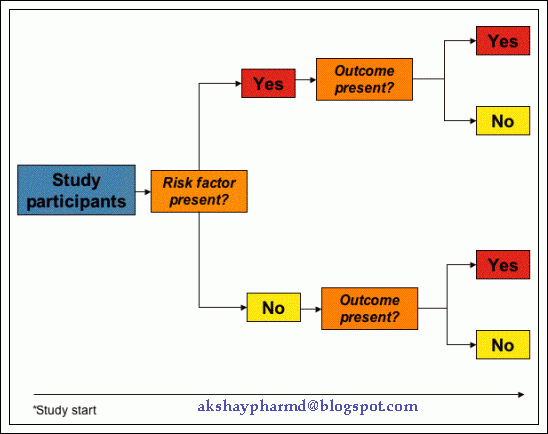
The impact of differential recall on the results of case-control studies. Recall bias in epidemiologic studies.J Clin Epidemiol. Recall bias in case-control studies: an empirical analysis and theoretical framework. Systematic review: bias in imaging studies – the effect of manipulating clinical context, recall bias and reporting intensity. Differential recall bias and spurious associations in case/control studies. Epidemiological risk assessment of mobile phones and cancer: where can we improve? Eur J Cancer Prev. These studies need to ensure that the way questions are asked does not influence participants’ answers.Īndrews N et al. Strategies that might reduce recall bias include careful selection of the research questions, choosing an appropriate data collection method, studying people to study with new-onset disease or use a prospective design, which is the most appropriate way to avoid recall bias.Ĭase-control studies are useful in situations where the condition of interest is rare, but are at risk of recall bias. However, many such studies also request historical information, which may be at risk of recall bias and researchers should be aware of this. Prospective cohort studies aim to avoid problems of recall of data by asking for information at the time that volunteers join the study. Amongst 12 studies that analysed bais in imaging interpretation, none assessed recall bias. ImpactĪ review of studies on emotionally arousing events found that victims of assault or war-exposure tended to amplify their memories of the events, while results from a vivid, enduring memory that was learned about through a surprising or shocking event (flashbulb memory) suggested memory for such emotional events either remained stable or diminishes over time.Ī systematic review of bias in imaging studies found that the potential effects of recall bias are poorly researched. Researchers found that parents of autistic children diagnosed after the publicity tended to recall the start of autism as being soon after the MMR jab more often than parents of similar children who were diagnosed prior to the publicity.

In the early 2000s, there was considerable publicity arising from a claim that the measles, mumps and rubella (MMR) vaccine was related to and possibly caused autism in children (the originating claim was subsequently found to be based on fraudulent data and the publication was withdrawn) (Andrews 2002). When people recall higher than actual levels of fruit and vegetable intake (a desirable habit) a protective association will suggest eating more fruit and veg is necessary to reduce disease risk. For instance, when individuals recall lower than actual rates of unhealthy food intake, associations will suggest that lower levels of intake increase risk. Recall bias can increase or decrease the strength of the observed associations. Recall can be particularly problematic when the events of interest happened a long time ago. This may lead to observing an entirely or partially untrue association between childhood infection and cancer. Parents of children diagnosed with cancer may be more likely to recall infections earlier in the child’s life than parents of children without cancer. Pre-existing beliefs may also impact on recall of previous events. Furthermore, undesirable habits such as smoking or eating unhealthy foods tend to be underreported, and are therefore subject to recall bias.


Other issues that influence recall include age, education, socioeconomic status and how important the condition is to the patient. Bias in recall can be greater when the study participant has a poorer recall in general, and when events over a longer time interval are being asked about. In case-control studies, researchers must be careful to question each study participant, in the same way, to avoid influencing their responses. Recall bias is a problem in studies that use self-reporting, such as case-control studies and retrospective cohort studies. Recall bias is a systematic error that occurs when participants do not remember previous events or experiences accurately or omit details: the accuracy and volume of memories may be influenced by subsequent events and experiences.


 0 kommentar(er)
0 kommentar(er)
